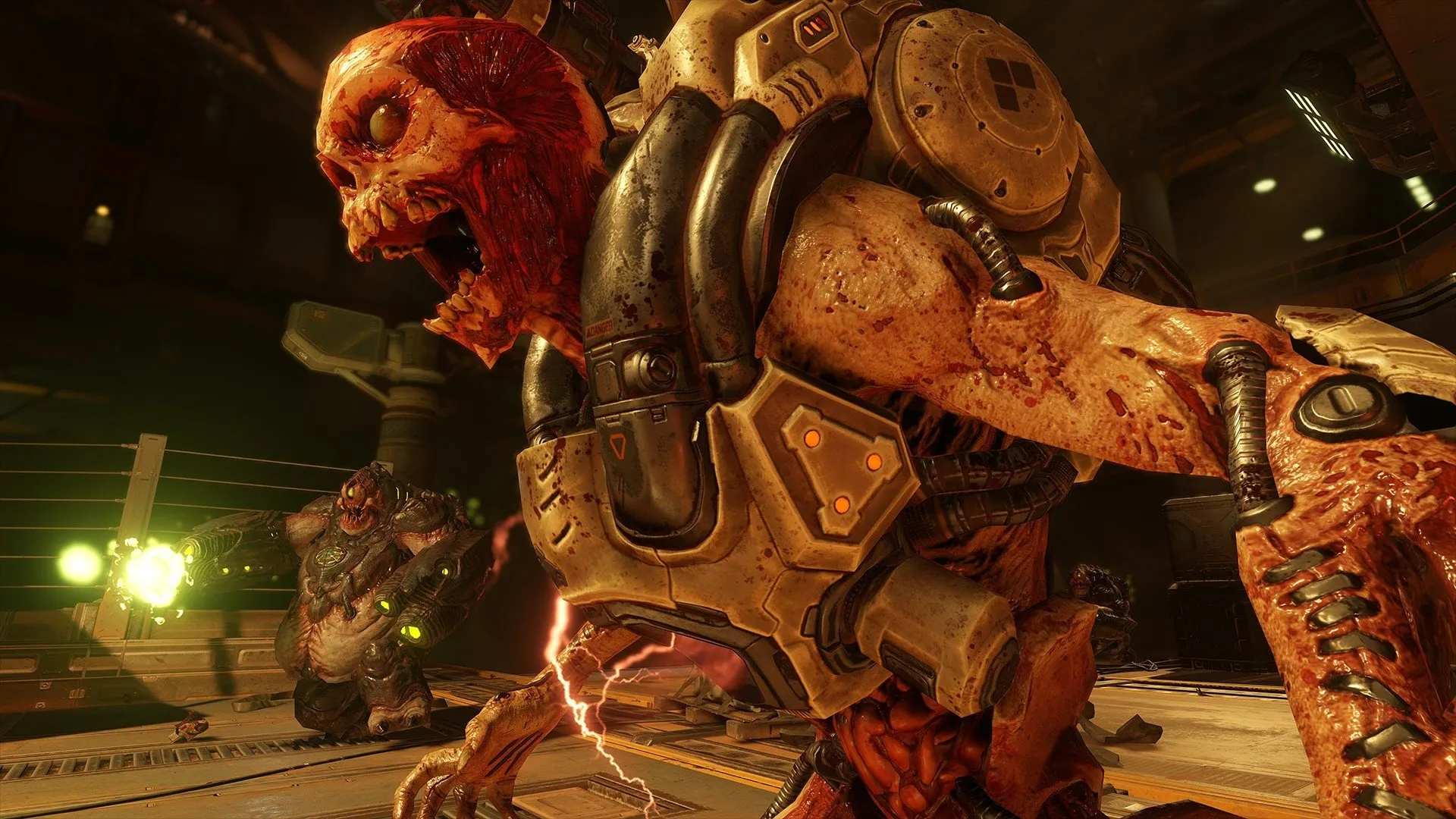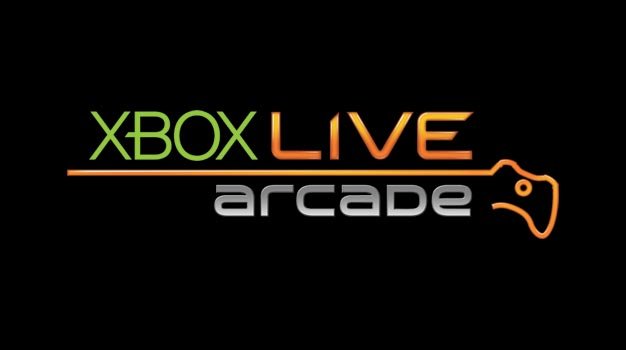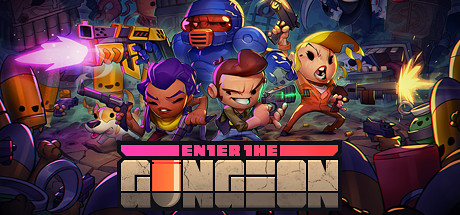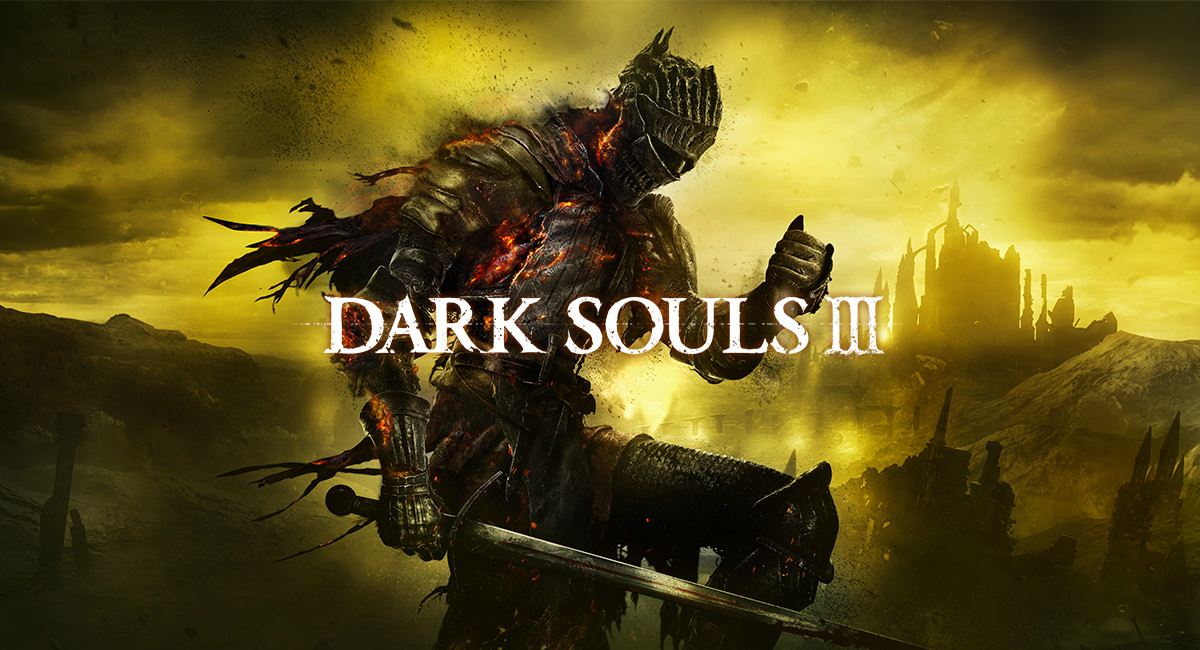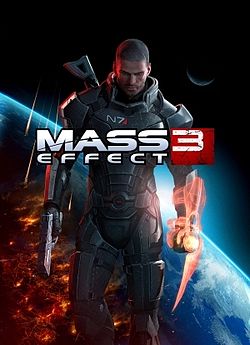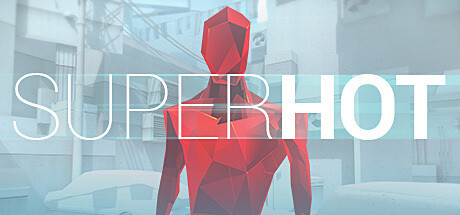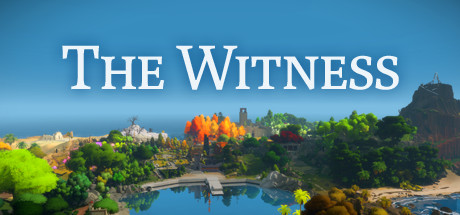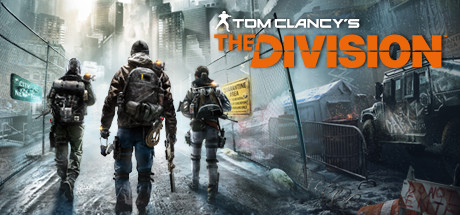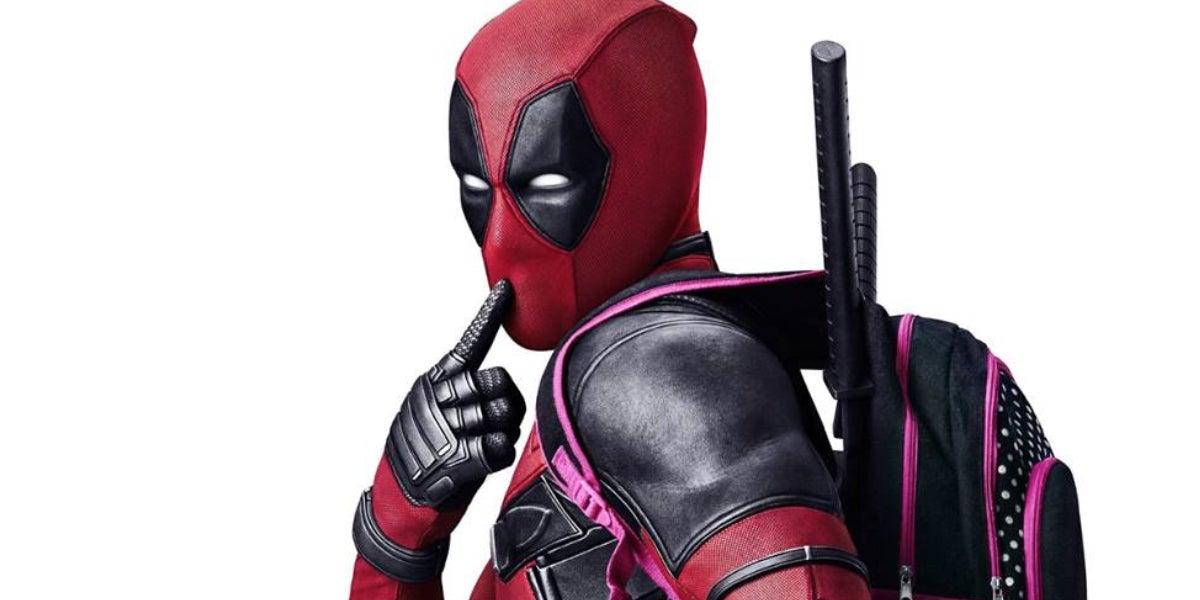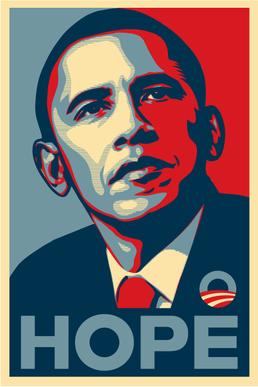 Remember the date 24th May 2016 - the day the old European political order died in a truly tragicomic fashion . Mr. Cameron's nonsensical gamble has taken the world from the post-911 era to the even scarier post-Brexit reality. There is no doubt in my mind that 24.06.2016 will be mentioned in history books as the start of the biggest political upheaval since the end of World War II. And while it's impossible to predict what the future holds, I am more than certain that the operative word to describe the next few years will be "anger". It is after all disillusionment and anger that put the entire European project in jeopardy. Incidentally, my youthful peers' reaction to Brexit has been characterised by a very similar sense of disillusionment and helpless anger.
Remember the date 24th May 2016 - the day the old European political order died in a truly tragicomic fashion . Mr. Cameron's nonsensical gamble has taken the world from the post-911 era to the even scarier post-Brexit reality. There is no doubt in my mind that 24.06.2016 will be mentioned in history books as the start of the biggest political upheaval since the end of World War II. And while it's impossible to predict what the future holds, I am more than certain that the operative word to describe the next few years will be "anger". It is after all disillusionment and anger that put the entire European project in jeopardy. Incidentally, my youthful peers' reaction to Brexit has been characterised by a very similar sense of disillusionment and helpless anger.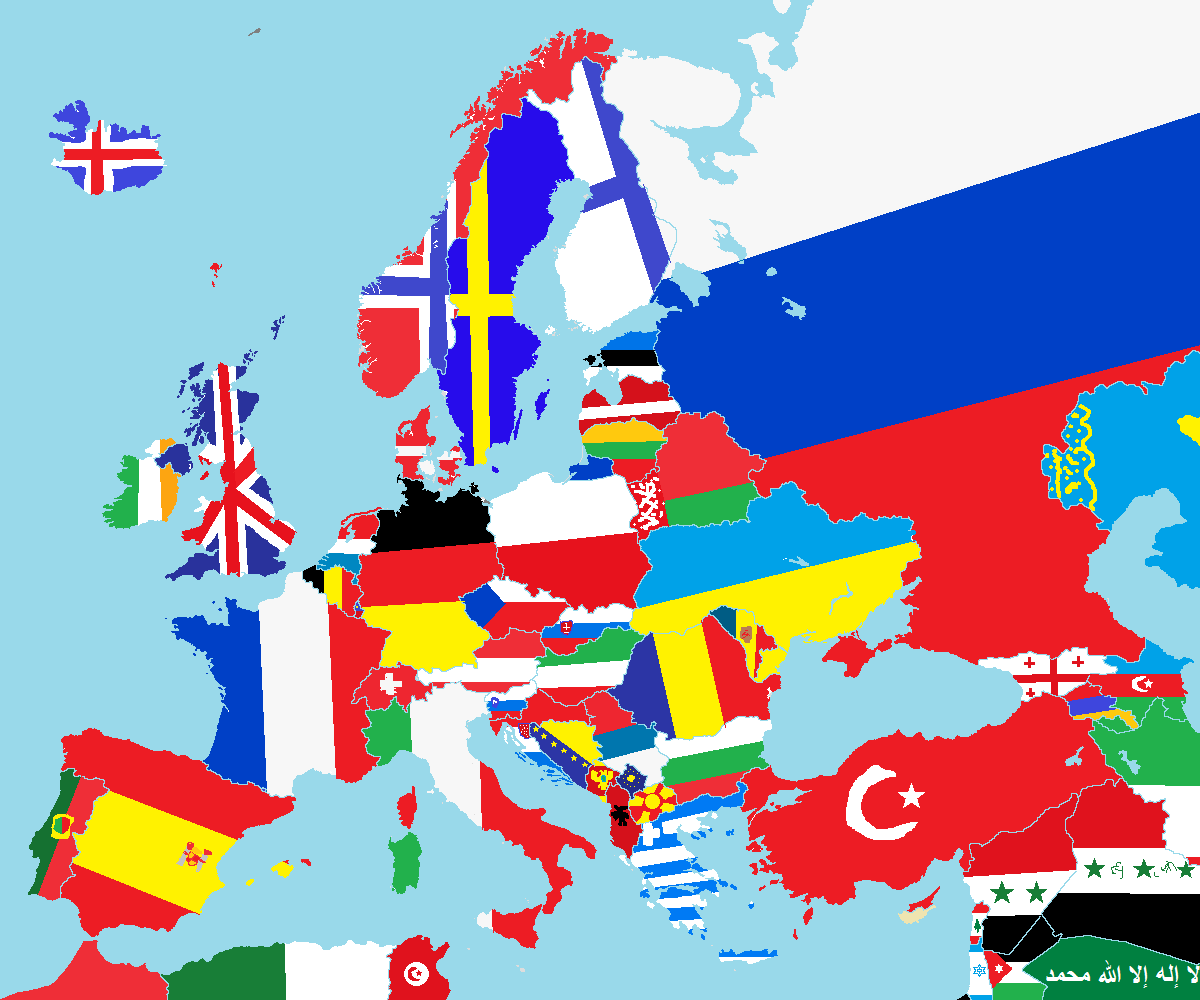 When trying to predict the future, one always has to be mindful of the past. The youth of Europe seems to be perceiving Brexit in terms of loss of convenience or opportunity. And while these concerns are perfectly valid, it scares me how few of us talk about the similarities between what is going on in Europe now to the hatred epidemic that consumed the continent in the 20s and 30s of the last century. We like to think about European history in terms of heroes and villains. Nazis were the evil mastermind that were stopped by the brave coalition of democracy and good, right? The problem is that the actual history is a bit more complicated than that. The Treaty of Versailles was effectively a disastrous political decision that pushed much of the Old Continent towards full-on economic depression. The scariest element of Brexit and its many unknown knock-on effects is that even the angriest of the youth seem to be missing the horrific similarities. European unity is not something we can take for granted, especially when it is endangered by a movement that has scapegoating of particular ethnic minorities embedded in its DNA.
When trying to predict the future, one always has to be mindful of the past. The youth of Europe seems to be perceiving Brexit in terms of loss of convenience or opportunity. And while these concerns are perfectly valid, it scares me how few of us talk about the similarities between what is going on in Europe now to the hatred epidemic that consumed the continent in the 20s and 30s of the last century. We like to think about European history in terms of heroes and villains. Nazis were the evil mastermind that were stopped by the brave coalition of democracy and good, right? The problem is that the actual history is a bit more complicated than that. The Treaty of Versailles was effectively a disastrous political decision that pushed much of the Old Continent towards full-on economic depression. The scariest element of Brexit and its many unknown knock-on effects is that even the angriest of the youth seem to be missing the horrific similarities. European unity is not something we can take for granted, especially when it is endangered by a movement that has scapegoating of particular ethnic minorities embedded in its DNA.Not underestimating the anger and frustration of the downtrodden is however only part of the solution. The so-called millennial generation has to find a way to utilise its own anger and frustrations into something productive. We happen to live in the age of the 24 hour news cycle where stories come and go, where even the most horrific event is shoved to the side and forgotten. Instead of just criticizing the effects of the Leave movement, the youth has to mobilise and provide a strong ideological narrative to what I would call Trump Populism. We are always quick to criticise when radical right populists score a victory but we fail to provide a viable alternative. We are so used to our freedoms that when something poses a tangible threat to our values all we do is mock. The "bad guys" are winning because they are fully committed to their cause. They live and breathe the nonsensical ideas that they preach. The millennials need to respond with the same kind of commitment because, quite frankly, we are losing the battle for what makes Europe a special place - the vibrant multiculturalism and diversity.
 Finally, we cannot let ourselves to think about problems like Brexit locally. The greatest tragedy of the decision made by the Britons 2 days ago is that a local vote will undoubtedly change lives for millions around the continent and the world. The dominos have started to fall and can be stopped only by the way of active resistance. Brexit combined with the unsolved Greek economic crisis is more than enough to topple our continent's entire economy. David Cameron's silly internal struggles with his own backbenchers have morphed into a behemoth that will likely affect the lives of the average European as much as an average Brit. This is why it's time to grow up and say: a global economy cannot be run by hundreds of disjointed local entities. The need for real European federalism has never been that clear. We simply cannot keep allowing the whims of politicians to destabilize entire countries. Whether we like it or not we live in a globalized world. Nationalism is an outdated political doctrine that has to be at least updated for the needs of today. Brexit is a great example of how trying to have the cake and eat it too ends up.
Finally, we cannot let ourselves to think about problems like Brexit locally. The greatest tragedy of the decision made by the Britons 2 days ago is that a local vote will undoubtedly change lives for millions around the continent and the world. The dominos have started to fall and can be stopped only by the way of active resistance. Brexit combined with the unsolved Greek economic crisis is more than enough to topple our continent's entire economy. David Cameron's silly internal struggles with his own backbenchers have morphed into a behemoth that will likely affect the lives of the average European as much as an average Brit. This is why it's time to grow up and say: a global economy cannot be run by hundreds of disjointed local entities. The need for real European federalism has never been that clear. We simply cannot keep allowing the whims of politicians to destabilize entire countries. Whether we like it or not we live in a globalized world. Nationalism is an outdated political doctrine that has to be at least updated for the needs of today. Brexit is a great example of how trying to have the cake and eat it too ends up.To me personally, Brexit is the last wake-up call the Western society is going to get. The inclusive world of today is not a given and can be taken away from us at any time. We, the progressive youth, have to be ready to defend what we hold dear. The young Brits woke up 2 days ago having realised their opportunities have been dramatically curtailed. As much as it is convenient to think that you're safe from such changes, remember that this is exactly what the Brits thought until May 24th. Today - more than ever - it is important to remember that "the only thing necessary for the triumph of evil is for good men to do nothing".


